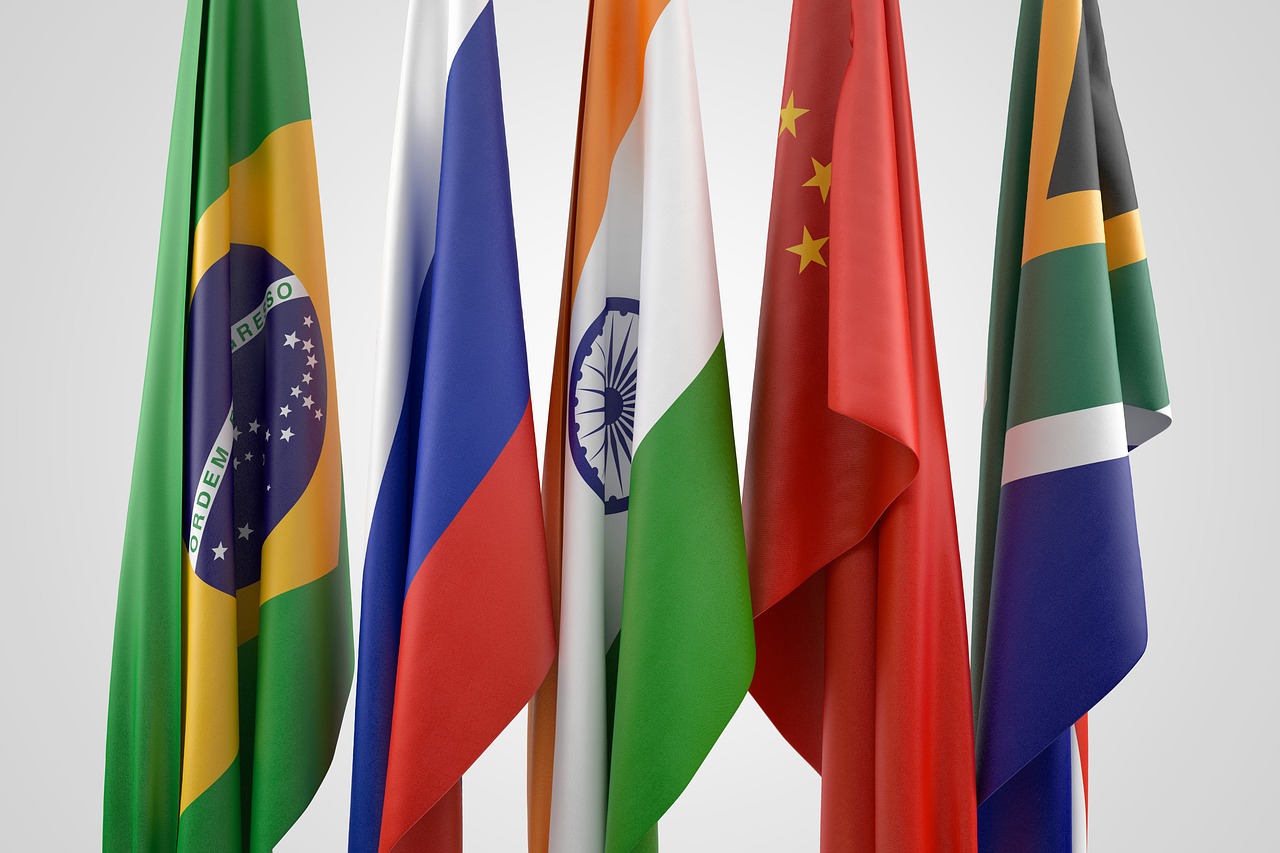In a pivotal moment for Egypt’s role in global economic discussions, Prime Minister Mostafa Madbouly, representing President Abdel Fattah El-Sisi, addressed the 2025 BRICS Summit in Rio de Janeiro, calling for significant reforms in the global financial system. The summit, held at a time of heightened geopolitical tensions and economic uncertainty, witnessed Egypt positioning itself as a vocal advocate for more equitable development and deeper cooperation among emerging economies.
In his speech, Madbouly stated, “The convening of this BRICS Summit comes at a critical time, as we face multiple and interconnected crises and challenges, including geopolitical tensions, threats to peace and security, as well as a series of unprecedented economic setbacks.”
The Prime Minister emphasized the need to reform the global financial system to address these challenges and promote more inclusive growth in the developing world.
Strengthening South-South economic integration
One of the key pillars of Madbouly’s address was his call for strengthened South-South economic cooperation. He noted the importance of joint investment projects among BRICS nations in key sectors, including energy, infrastructure, manufacturing, and innovation.
Madbouly specifically pointed to artificial intelligence (AI) and emerging technologies as pivotal areas for collaboration. According to him, these sectors are essential not only for overcoming global challenges but also for driving innovation and creating sustainable growth in the Global South.
He also emphasized the importance of scaling up financial and monetary coordination among BRICS countries. The Prime Minister urged the New Development Bank (NDB) to expand local currency lending and to increase concessional financing for developing countries. He explained that this would help these nations mitigate risks posed by global currency volatility, which has been particularly damaging to economies reliant on foreign exchange markets.
Reforming global financial governance
Madbouly’s remarks were strongly aligned with growing calls for a more inclusive international financial system. He advocated for reforming global debt mechanisms and restructuring the governance of major institutions such as the International Monetary Fund (IMF) and the World Bank.
According to Madbouly, these institutions need to “better reflect” the economic weight of emerging markets, ensuring that countries like Egypt have a more substantial role in shaping global decision-making.
Aligning with BRICS’ broader reform agenda
Egypt’s position was consistent with the broader priorities of the BRICS bloc, as reflected in the joint statement issued by BRICS finance ministers and central bank governors on July 5, 2025. Under the theme “Strengthening Global South Cooperation for More Inclusive and Sustainable Governance”, the statement highlighted key financial policies, including development funding, economic integration, and the importance of reforming financial governance to better represent emerging economies.
In particular, the statement reaffirmed BRICS’ commitment to modernizing the Bretton Woods institutions, focusing on quota realignment and improving representation for developing nations. It also called for more financial mechanisms to support climate adaptation in developing countries, with a strong emphasis on unlocking private investment through instruments like blended finance tools, green bonds, and voluntary carbon markets.
The New Development Bank, under the leadership of President Dilma Rousseff, was praised for its growing role in funding infrastructure and sustainability initiatives. The BRICS bloc emphasized the need to expand its funding sources, especially in local currencies, to reduce the reliance on global reserve currencies.
In a notable development, BRICS also launched a Multilateral Guarantees initiative aimed at de-risking investments in critical infrastructure projects. Alongside this initiative, discussions on a New Investment Platform are expected to continue in the second half of 2025.
Digital and ethical finance
BRICS has evolved beyond an economic bloc into a broader platform for reshaping global financial norms. In addition to focusing on infrastructure and energy transition, BRICS has placed significant emphasis on digital payments, AI regulation, customs modernization, and tax cooperation. The bloc is also positioning itself as a leader in ethical fintech governance and shared cybersecurity frameworks to meet the challenges posed by the next generation of global finance.
Madbouly’s intervention underscored Egypt’s alignment with these broader ambitions, signaling the country’s desire to play a central role in shaping the future of the global financial system. His speech was not just a call for reform but a broader vision of inclusive growth and long-term resilience.
Egypt’s Role in BRICS
As the BRICS Summit concluded in Rio and the leadership baton is set to pass to India in 2026, Egypt’s voice stands out as both timely and strategic. In a world where emerging economies are increasingly demanding a larger role in global governance, Egypt is positioning itself as a key player advocating for structural reform—not just as a demand but as a shared opportunity for global growth.
The next steps for Egypt, BRICS, and the Global South will likely involve continued dialogue and collaboration on issues of economic equity, financial inclusion, and resilience in the face of climate change and economic disruption. The 2025 BRICS Summit has laid the groundwork for a more diversified, collaborative, and balanced global financial system.




